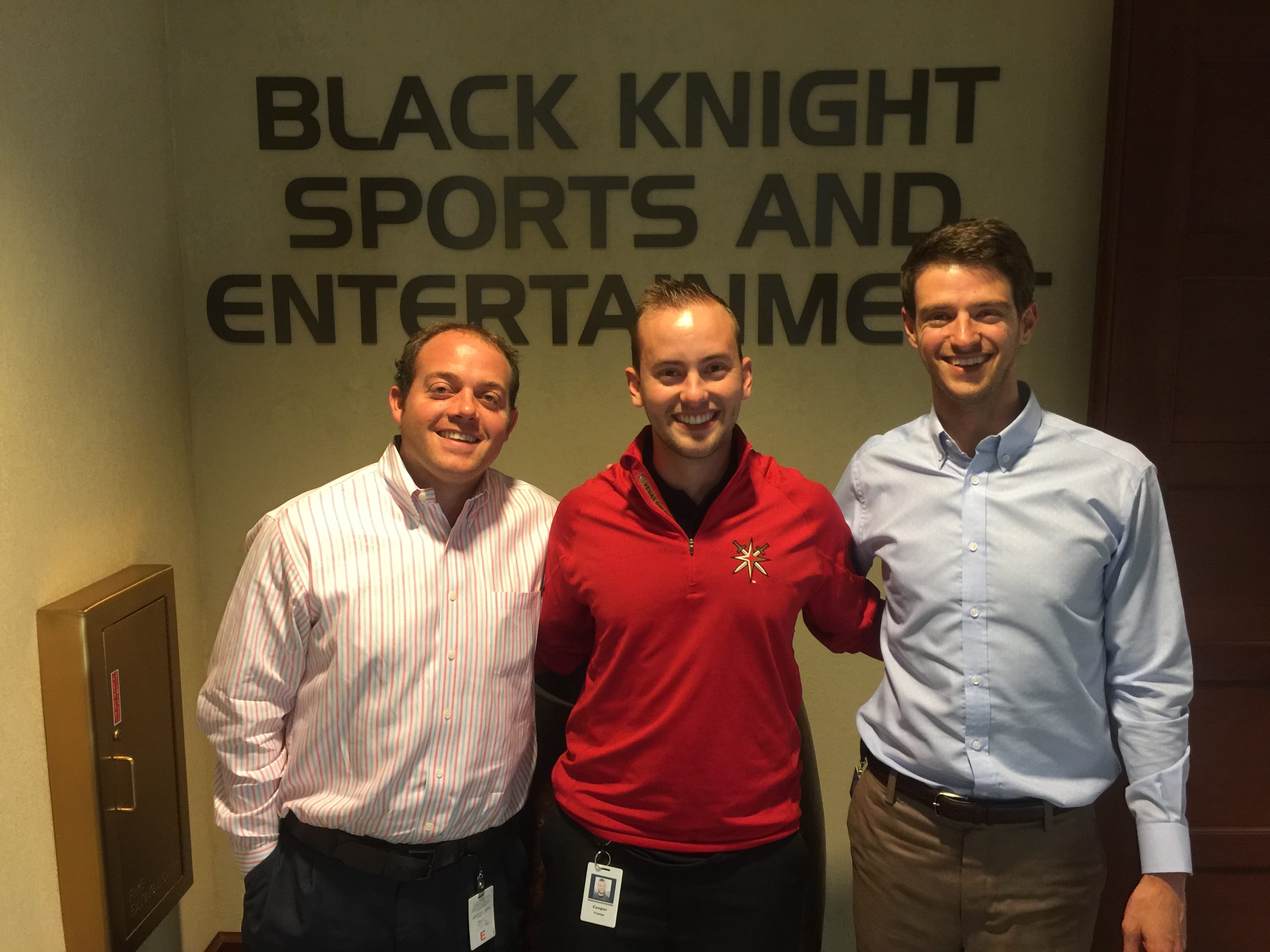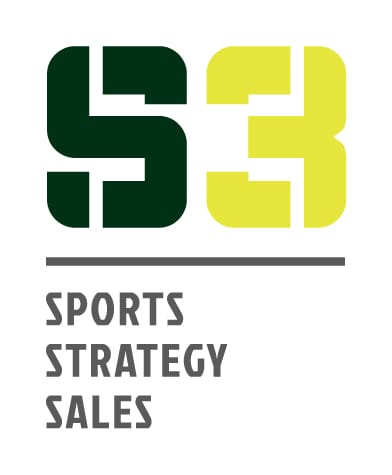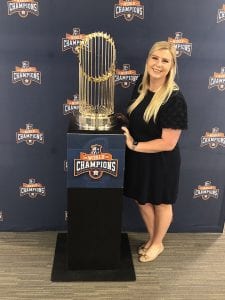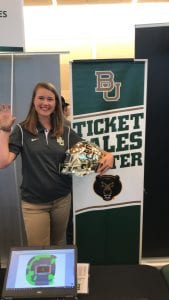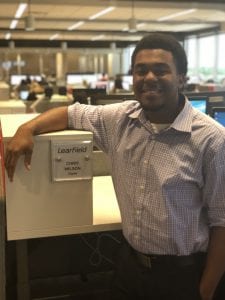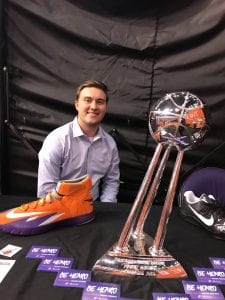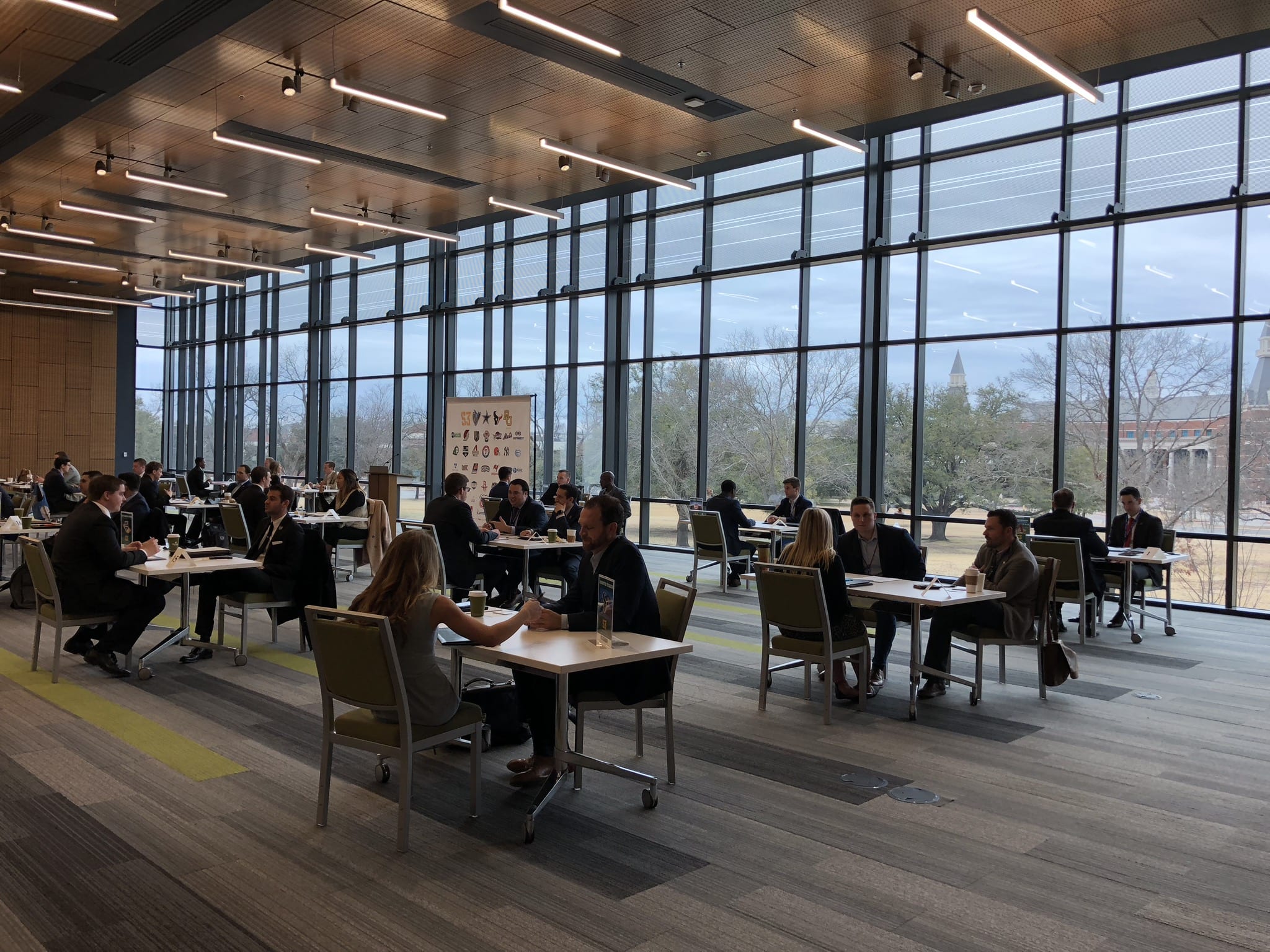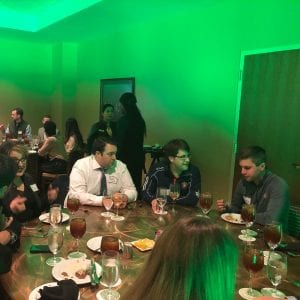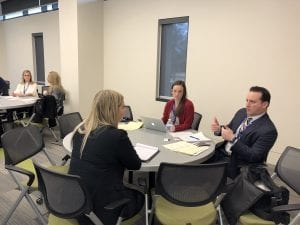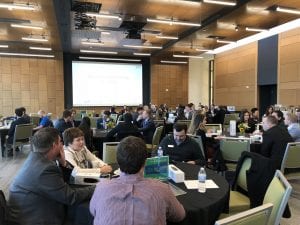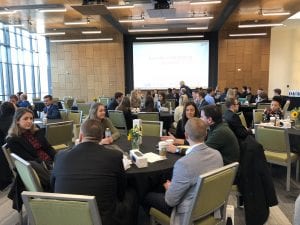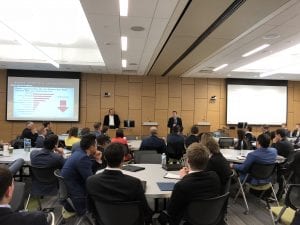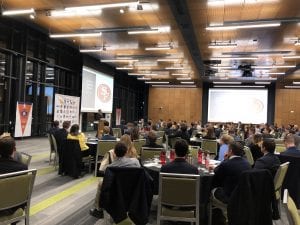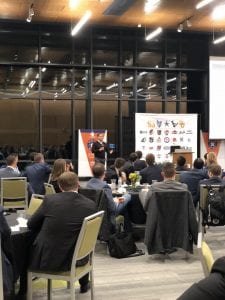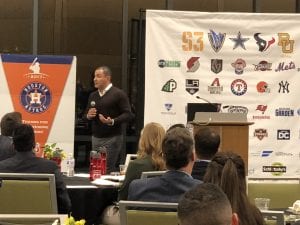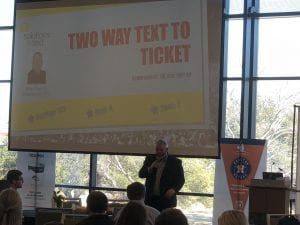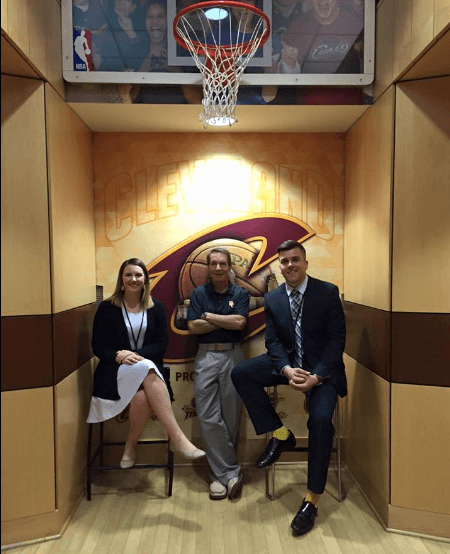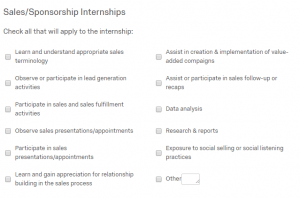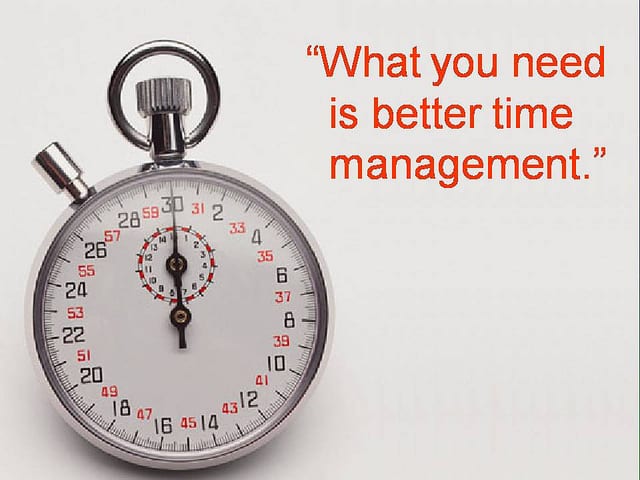
When the S3 program launched in 2004 we were—and are—the only academic program in a business school devoted to developing talent aimed specifically at generating revenue in the business of sports. After placing more than 270 professionals in sales and analytics positions we see even greater demand for Baylor S3 graduates. Notable S3 alumni in management and executive positions at scores of professional teams, corporations, and agencies now mentor, train, hire, and advise students right alongside us, as do many outstanding professionals from coast-to-coast.
As we look forward to the next 15 years we must set the stage for success for those who follow. Much has changed in the past 15 years. Think about it. After the first graduating class of S3 majors in 2006, the iPhone was introduced in 2007. This mobile revolution transformed how fans search, buy and go to the game. Augmented and virtual reality are changing how fans engage with our experiences and sponsors. Venues are beginning to use facial recognition as admission.
With the onslaught of data and digital selling, properties and brands recruit and pay for the talent to manage and analyze data to more effectively and efficiently reach fans where they are—which is mostly (online) on their phones, tablets or desktops. The most productive organizations invest heavily in technology capabilities (in-house and/or outsourced) to enable the salesforce to connect and engage with fans in ways we couldn’t even imagine even 10 years ago.
Our position has always been at the forefront leading the way into the future. In keeping with our WINS values, we need more hard-working, integrated, relationship-driven, spirited people to join us.
Missing Talent
The advantage and disadvantage of the S3 major in the Hankamer School of Business has been its exclusivity. The most successful students consciously committed to a career in the business of sports no matter what the costs. That is still the case. As a side note—conscientious commitment to excelling in your craft, to your career, is still the price to be paid for success no matter the business. Companies still buy from people who know where they are going.
At the same time, S3 missed potential sales superstars. Great salespeople love to keep options open. Not wanting to be constrained to sports, they didn’t take the chance to be sold themselves. The Vice President of Sales at the San Antonio Spurs, along with many executives at other teams, often say, “Hey, just let me have a chance to talk to them!”
S3 missed out on problem-solvers keen to manage and analyze data to answer big questions businesses have in a digital-first marketing world. Marketing majors with a double-major with MIS, Accounting or Finance took their talents elsewhere. The Wide World of Sports has been slow to get up to speed. But, like every company today, they now demand more highly skilled analytically-minded graduates to close the gap.
Opening the Doors
S3 majors have always been well-rounded. Salespeople understand analytics and analysts understand sales. All understand the importance of living lives of integrity. Having integrity means having the courage to face the demands of reality. The reality is sales-oriented students thrive in the sales courses. Analytic types want the freedom to build out technical and quantitative skills.
Recognizing these realities, and the realities of marketplace demands and opportunities, the S3 program has moved to open courses to all Marketing majors. Students may choose an emphasis in S3 Sales (MKT 3310 and 4341) or S3 Analytics (MKT 4342 and 4360), plus an internship, for a total of 9 hours. They can still take all S3 courses (15 hours) if they use additional upper-level business electives. All S3 students selecting one of the two areas of emphasis will complete an internship in sales or analytics in the summer after the junior year. Read more here.
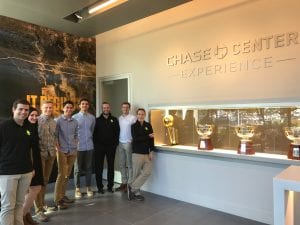 Internships
Internships
Our stock & trade has always been internships at the highest levels of professional sports, as well as associated brands and agencies. As Colin Faulkner, Senior Vice President of the Chicago Cubs, famously said in our first S3 promotional video, “In sports, to get a job you need experience. But to get experience you need a job.” Internships provide the job that provides the experience that gets you started in your career in sports.
We will continue placing students in internships for those that declare an S3 emphasis and take the sales or the analytics courses in succession during the junior year. Others may take the courses and interview for internships and positions as available, with priority going to declared S3 program students.
Graduates in the 2021 class and beyond may submit their declarations as S3 program members by completing this form.
The S3 Club

Further priority for internships and positions is given to those active in the S3 Club. The S3 Club will continue under S3 faculty advisement but will be wholly and completely run by students, supported by an S3 Alumni Advisory Group. The objectives of the club will continue to be to network with sports business executives and to learn more about relevant careers.
The End Goal
With the end in mind, our vision continues to be to instill integrity in the business of sports & entertainment. What’s changed? Nothing, except we want more students to catch the vision, to consider the opportunities, and to join us! We’ve removed every obstacle to keep superstars from exploring business careers in sports. Want to talk some more?
Interested in sports sales? Contact Darryl_Lehnus@Baylor.edu
Interested in sports marketing analytics? Contact Kirk_Wakefield@baylor.edu

